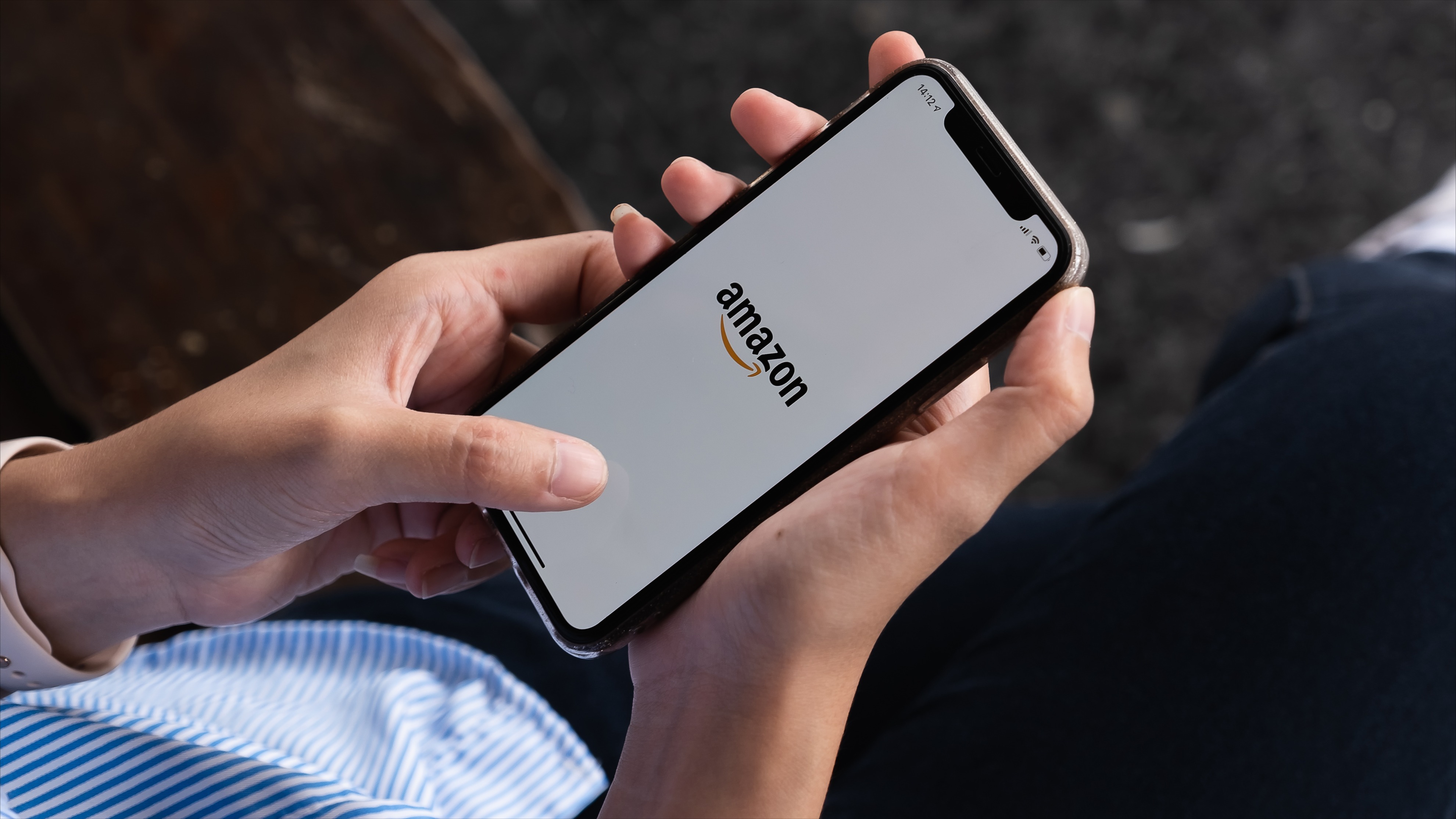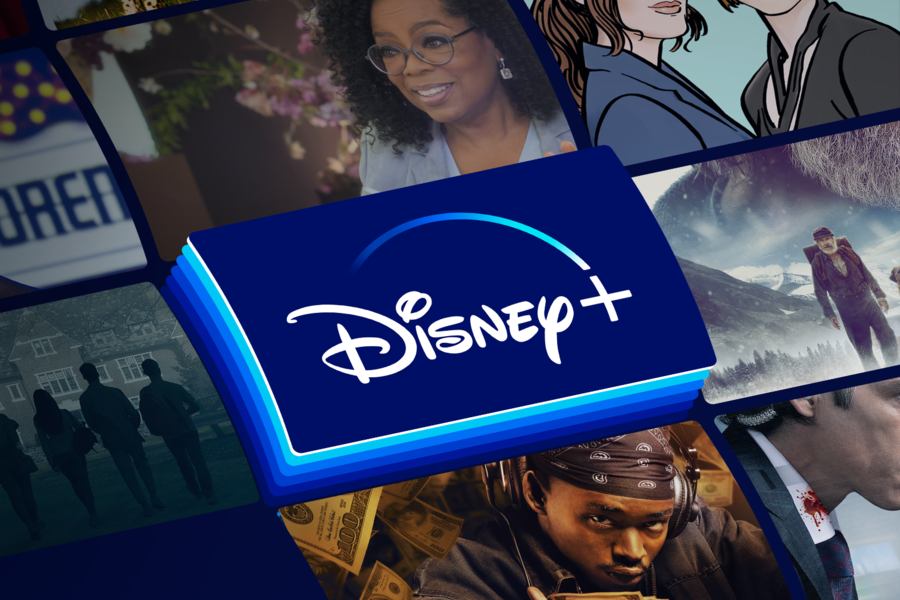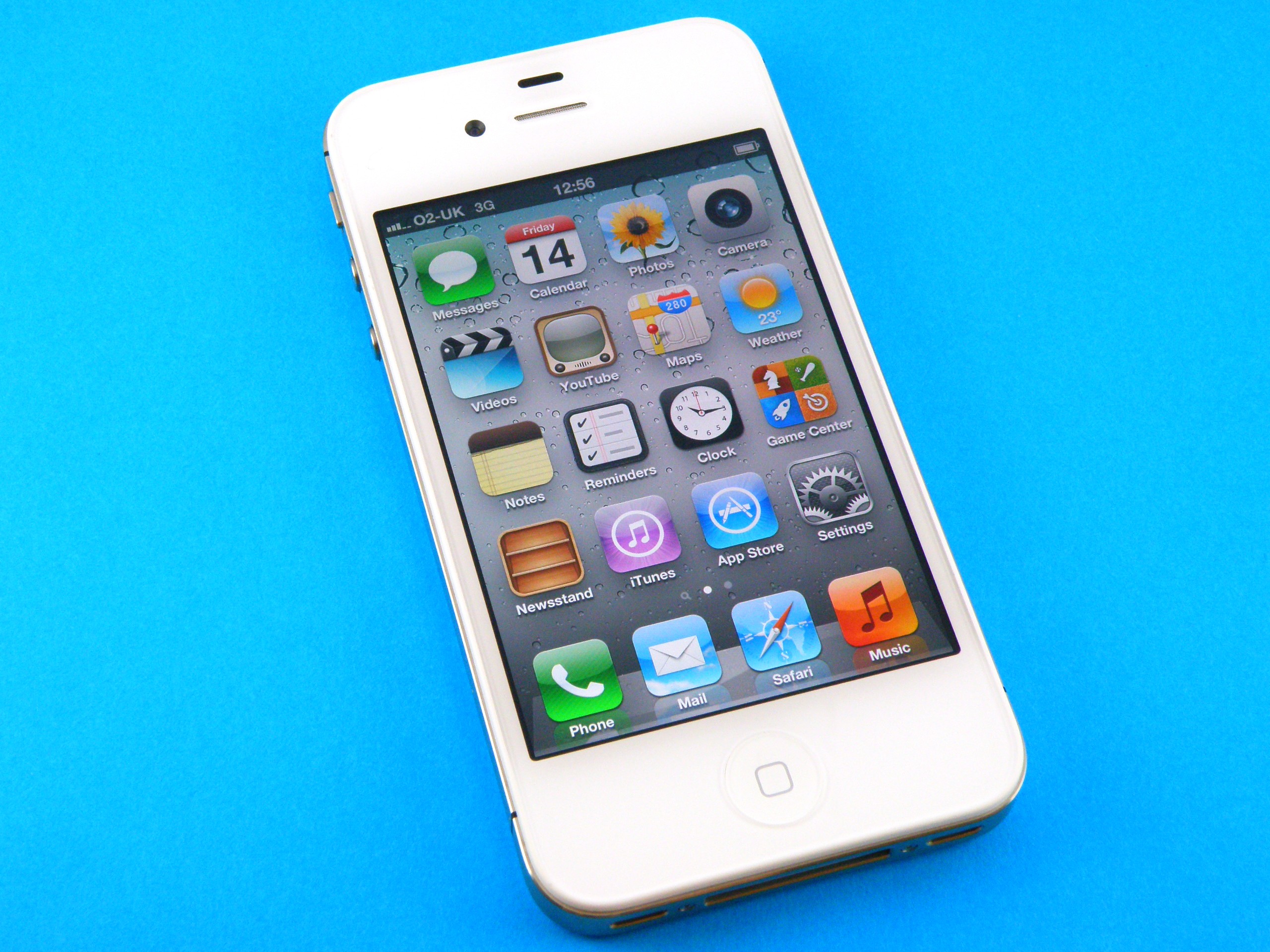Amazon may give Prime customers a cheaper monthly cellular plan
All your base are belong to Amazon

Amazon may eventually offer Amazon Prime customers cheap or even free cellular service, according to a report from Bloomberg (via Yahoo). If true, the company would buy network capabilities from T-Mobile, Verizon, or even Dish Network’s Boost Infinite network and act as its own mobile virtual network operator, a so-called MVNO strategy. Amazon denies that this is happening.
Bloomberg says that Amazon could buy airtime and offer it for $10 per month or less to Amazon Prime customers. The company might even offer cellular service to customers who don’t subscribe to Prime. This pricing would significantly undercut even the most aggressive cellular plans in the US right now. Amazon Prime currently costs $14.99 per month or $139 per year.
Unlimited prepaid plans on the major US cellular networks run around $60/month for a single line of service, and restrictions often apply. Plans only get cheaper when you add more lines. Google Fi, an MVNO service run by Google, costs $50 per month for a single line, but can be reduced to $20 per month if you have four lines of service. It is unclear how Amazon would handle families under a possible Amazon Prime MVNO.
This is still a rumor even if it makes a lot of sense
Because of the enormous sensitivity that must be involved, no party will fess up to the possible deal. Amazon denies any mobile offering, telling Bloomberg that it is “exploring adding even more benefits for Prime members, but don’t have plans to add wireless at this time.” The mobile carriers that might sell airtime to Amazon also declined to comment, except for T-Mobile.
A T-Mobile spokesperson says:
“Amazon is a great partner to T-Mobile in many areas, and we are always interested in working more closely with our cross-town neighbors in new ways. However, we are not in discussions about inclusion of our wireless in Prime service, and Amazon has told us they have no plans to add wireless service.”
The secrecy makes sense, because this deal would be very disruptive. Right now the US mobile market lacks competition among the carriers. Ever since T-Mobile engulfed Sprint, we’ve had three carriers offering very similar plans at similar price points.
Get daily insight, inspiration and deals in your inbox
Sign up for breaking news, reviews, opinion, top tech deals, and more.

There are occasionally unique deals on new phones. Carriers also make partnerships with streaming services and offer bundles, so you might get Disney or Apple TV or Paramount Plus with your mobile plan. Amazon Prime has even been offered as a bundle option on US carrier plans, including the now-defunct Sprint.
While numerous MVNO brands have come and gone over the years, none have offered serious competition to the larger nationwide networks that control the cell towers. Some of the largest brands, like Boost Mobile and Metro, have been swallowed up by nationwide networks and used as a prepaid brand.
Amazon would offer unique competition in many ways. It already has a built-in subscriber base paying for services. It already has a robust sales channel for products like connected mobile devices. It manages returns, service, and warranty partnerships. These are usually major roadblocks to entry in the mobile network space, but Amazon has almost every base covered.
One thing remains steadfast – the carriers are in control
That said, Amazon doesn’t own cellular towers. There have been talks of Amazon building out a constellation-type satellite network, which could theoretically drive a mobile network, but that hasn’t happened yet. If Amazon, or any company, wants to become a mobile network operator, it needs to buy airtime from a major nationwide provider.
The carriers are not fans of giving up control, no matter how large the partner. When Verizon bundles Disney Plus with its monthly plan, you are still buying your cellular plan from Verizon. We don’t see Disney making the sale, offering you Verizon service if you subscribe to Disney Plus.
Even Apple hasn’t tried to step a toe into the mobile network battle arena. If Amazon offers mobile service with Amazon Prime, the big shakeup would be wrestling control over US customers from the US carriers. The US carriers are incredibly powerful and don’t give up without a fight.

Verizon refused to sell the iPhone for years because Apple wouldn’t give Verizon control over the software. Until the iPhone 4, every iPhone was an AT&T exclusive in the US because Apple wouldn’t load Verizon’s VZ Navigator or even a basic MyVerizon account app. Apple wouldn’t give Verizon any control, so Verizon simply refused to sell the hottest smartphone the world had ever seen. For years. And years.
Eventually, Apple beat a US carrier at its own game, and it never happened again. Every other phone company, from Samsung to Google to Motorola, all bend to the will of the US carriers. Every phone includes carrier software, and some are still locked down to a carrier network.
Amazon and the major networks will deny this is happening until the day it happens, but it makes a lot of sense, and though I’m wary of Amazon’s power, I’m also tired of the triopoly hold on US mobile networks. Three networks isn’t enough.
There hasn’t been enough competition on price or products. Amazon is already taking my money for Prime Video and free shipping. If it can offer a mobile plan for a bit more, the US carriers will need to fight very hard to win me back.

Phil Berne is a preeminent voice in consumer electronics reviews, starting more than 20 years ago at eTown.com. Phil has written for Engadget, The Verge, PC Mag, Digital Trends, Slashgear, TechRadar, AndroidCentral, and was Editor-in-Chief of the sadly-defunct infoSync. Phil holds an entirely useful M.A. in Cultural Theory from Carnegie Mellon University. He sang in numerous college a cappella groups.
Phil did a stint at Samsung Mobile, leading reviews for the PR team and writing crisis communications until he left in 2017. He worked at an Apple Store near Boston, MA, at the height of iPod popularity. Phil is certified in Google AI Essentials. He has a High School English teaching license (and years of teaching experience) and is a Red Cross certified Lifeguard. His passion is the democratizing power of mobile technology. Before AI came along he was totally sure the next big thing would be something we wear on our faces.